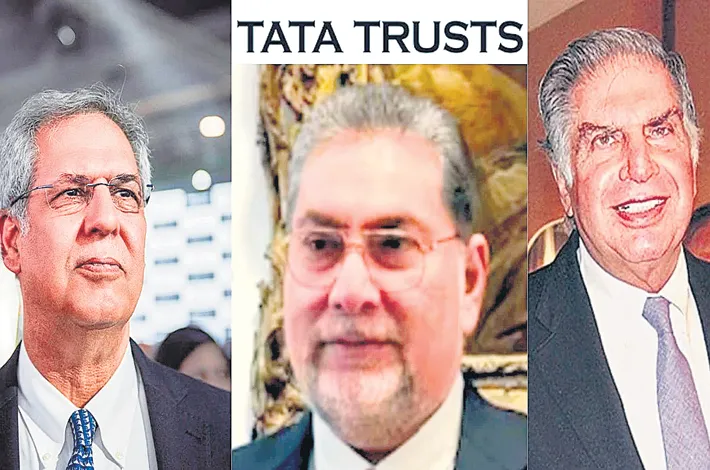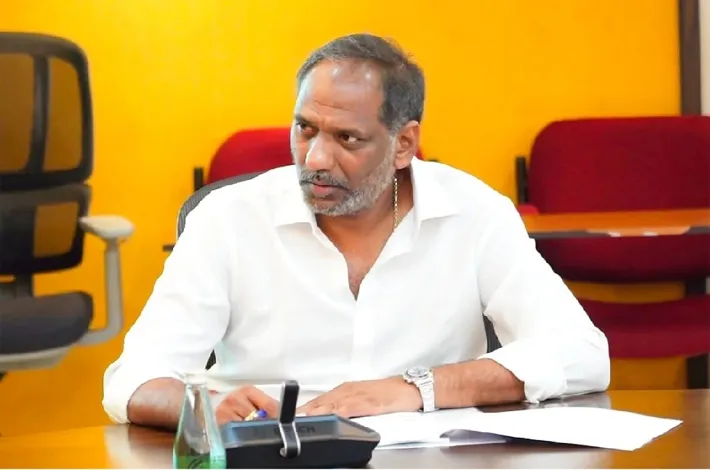Tatas rift escalates, raises legal and governance concerns
31-10-2025 12:00:00 AM

The ongoing internal conflict within Tata Trusts has reached a critical juncture following the controversial non-renewal of Mehli Mistry’s tenure as a trustee, intensifying a power struggle that threatens to impact the reputation and governance standards of both Tata Trusts and Tata Sons. The dispute, rooted in divisions between nominee and non-nominee trustees, has sparked debates over legality, corporate governance, and the Tata brand's enduring legacy.
The rift began to surface due to disagreements over governance, information sharing, and board appointments at Tata Sons, where Tata Trusts holds a commanding 66% stake. The non-renewal of Mistry’s trusteeship has raised questions about the legality of the decision, particularly in light of a resolution passed on October 17, 2024, which stipulated that trustees would be reappointed for life without tenure limits. This resolution, experts argue, was binding under the trust deed and the Maharashtra Public Trust Act.
A Supreme Court lawyer emphasized the legal weight of the 2024 resolution, stating that the resolution of October 17, 2024, was binding on all trustees and bypassing it without a formal rescission by all seven trustees is illegal. He suggested that Mistry could challenge his ouster before the Charity Commissioner’s office, citing the need for a bona fide reason for non-renewal.
Reports indicate Mistry’s removal was attributed to alleged “disruptive tactics,” though specifics remain unclear. Other legal experts agreed to this, asserting that the 2024 resolution, passed unanimously by the trustees, should have ensured Mistry’s reappointment unless formally rescinded. They noted that if the trustees acted against this resolution without proper justification, their decision could be deemed invalid
owever, a top executive of an investment advisory firm questioned the governance implications of the resolution itself. He highlighted that such trusts, established nearly a century ago by Sir Dorabji Tata and Sir Ratan Tata, are meant to uphold public welfare, contributing significantly to education and healthcare—approximately Rs 700 crore in the past year alone. He cautioned that public disputes, reminiscent of the 2016 Cyrus Mistry-Ratan Tata fallout, could tarnish the Tata name, which symbolizes trust and integrity.
A key issue fueling the rift is the relationship between Tata Trusts and Tata Sons, particularly the role of nominee directors. A Supreme Court ruling in the Tata Sons vs. Cyrus Investments case underscored that nominee directors are duty-bound to keep trustees informed of board decisions. Non-nominee trustees have reportedly expressed frustration over inadequate communication, a concern that Article 121 of Tata Sons’ Articles of Association, which grants veto rights to trustee nominees, further amplifies.
As the situation unfolds, questions remain about potential legal challenges from Mistry, the role of the Charity Commissioner, and possible government intervention. The resolution’s validity and the governance practices of Tata Trusts will likely face scrutiny, with implications for one of India’s most respected conglomerates. For now, all eyes are on how Tata Trusts navigates this crisis to preserve its legacy and ensure robust governance moving forward.








